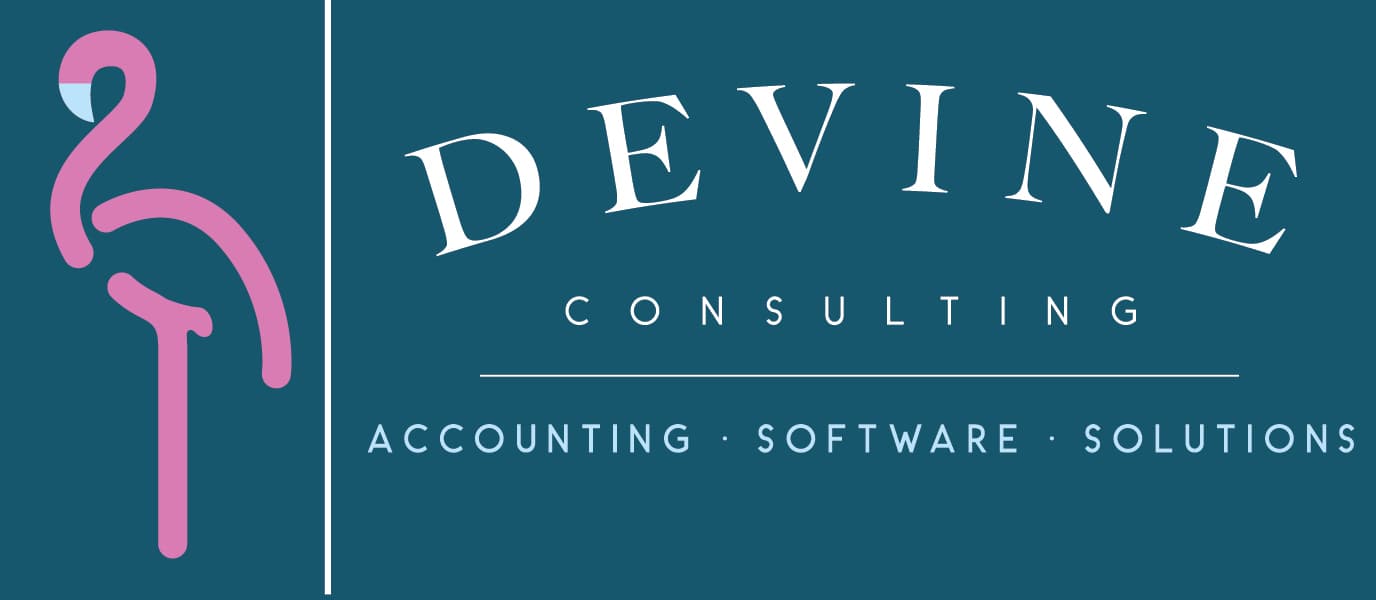How Do Outsourced Accounting Services Work?
Outsourced accounting refers to accounting services that are provided to businesses by externally hired firms and organizations. They offer businesses the expertise of qualified professionals, improved quality control, accurate financial reporting, cost savings, and increased productivity, typically for a much lower cost than traditional accounting.
Business owners love how outsourced provides a viable alternative to hiring an in-house accountant and allow them to focus on their core operations while leaving the challenging tasks to external experts. With the current advancements in technology and a growing economy, outsourcing their accounting and bookkeeping has become a sensible option for many.
Where In-House Accountants Fall Short
So, what’s the problem with traditional accountants?
While in-house accountants provide the same excellent service as outsourced accountants, more business owners are starting to realize that the services aren’t as valuable as they may have once thought. This is for a few reasons, some of the most popular being:
- Limited Expertise – In-house accountants are often generalists who handle a wide range of financial tasks, but they may lack specialized knowledge in specific areas.This limited expertise can lead to errors, missed opportunities, and compliance issues.
- Lack of Scalability – Internal accounting teams may struggle to scale up or down based on business needs, and hiring additional accountants during busy periods or downsizing during lean times can be costly and time-consuming. This lack of flexibility can hinder business growth and agility.
- Limited Resources and Technology – A limited team increases the chance for limited resources, including budget constraints and outdated technology. Without access to advanced accounting software, automation tools, and data analytics capabilities, businesses may miss out on valuable insights and struggle to streamline their financial operations.
- The Risk of Fraud and Internal Control Issues – In-house accounting creates a higher risk of fraud, as one person may have control over the entire financial process. The lack of segregation of duties and independent oversight increases the opportunity for errors, misappropriation of funds, or financial irregularities, especially for small businesses.
Don’t let a limited team be your financial downfall. Learn more about the pitfalls of in-house accounting and other common accounting mistakes you should know about.
The Differences Between In-House and Outsourced Accounting
As previously mentioned, there are even more critical differences between internal and externally hired accounting services-training, control, and cost. Let’s explore these topics at bit more:
Training
Without effective training, it’s nearly impossible to gauge whether your accounting specialists are qualified to handle your unique accounting issues. Consider these differences:
In-House Accounting
With traditional accounting departments, businesses must bear the brunt of all hiring responsibilities, from recruitment to training. The recruitment process involves reviewing resumes, conducting interviews, and assessing candidates’ qualifications and fit for the organization. However, assessing accounting skills can be challenging if hiring managers or business owners do not have a deep understanding of accounting themselves.
And, of course, once the time-consuming hiring process is over and recruiters have taken a break from combing through applicants and conducting job interviews, they typically have to shell out lots of money in training.
Outsourced Accounting
On the other hand, when opting for outsourced accounting services, businesses select an accounting firm or service provider based on their expertise, reputation, and fit for their specific industry or business needs. This selection process sometimes involves evaluating the firm’s track record, client reviews, and the range of services they offer, which is much less time-consuming and often doesn’t cost much.
That’s because outsourced accounting firms are typically staffed with experienced, pre-trained professionals who specialize in accounting. These professionals often have a higher level of expertise due to their focus on accounting services and their track record in working with multiple clients of varying industries. Businesses can have confidence that the accountants working on their accounts are qualified experts in their field who stay up to date with industry standards, regulations, and best practices.
Control
Quality control levels differ slightly, depending on your chosen service:
In-House Accounting
As established, the level of oversight in a traditional accounting department can be limited due to the concentration of responsibilities within a small team or individual. This can increase the risk of errors, fraud, or financial irregularities, as there may be fewer layers of independent review or supervision.
Outsourced Accounting
Alternatively, outsourced accounting brings an additional layer of external oversight and quality control. The accounting firm or service provider is responsible for ensuring accuracy, compliance, and the following of accounting standards on behalf of the business. They implement internal review procedures, periodic audits, and thorough checks to ensure the accuracy and integrity of financial records and reports.
Outsourced accounting firms also often have a system of division of duties, where multiple accountants or professionals work on different aspects of the client’s accounting needs. This segregation of duties reduces the risk of errors or fraudulent activities by requiring multiple sets of eyes to review and verify the work.
Cost
Of course, we can’t reiterate enough how much cost is a driving factor in a business’s chosen accounting service. Here’s the key differences between the two:
In-House Accounting
Arguably one of the biggest drawbacks to in-house accounting are the employee costs. Because everyone is full or part-time, this guarantees expenses such as salaries, benefits, payroll taxes, healthcare coverage, paid time off, retirement plans, and other employee-related costs.
Plus, businesses need to invest in accounting software, hardware, and other infrastructure to support their in-house accounting operations. These costs include purchasing and maintaining accounting software licenses, computer systems, servers, and other IT equipment.
Outsourced Accounting
Instead, outsourced accounting services are typically provided on a contract or subscription basis, where businesses pay a fixed monthly or periodic fee for the services rendered. The cost depends on factors such as the scope of services, complexity of accounting needs, and the size of the business.
This model eliminates the costs associated with hiring, salaries, benefits, payroll taxes, and other employee-related expenses. Instead, accounting firms handle these aspects for their own employees. Additionally, outsourcing eliminates the need for businesses to invest in individual accounting software licenses, hardware, and IT infrastructure. The accounting firm utilizes their own software and technology to perform the accounting tasks.
Devine Consulting: Texas’ Premier Outsourced Accounting Firm
Has it become more apparent to you that an outsourced accounting firm is the way to go? Devine Consulting can help. Our accounting services cover it all, including:
Reporting & Analysis
Banking
Invoicing
End-of-Year Accounting
Payroll
Accounting Software
… and more!Let’s build a relationship. Join the flock and request a consult today.

